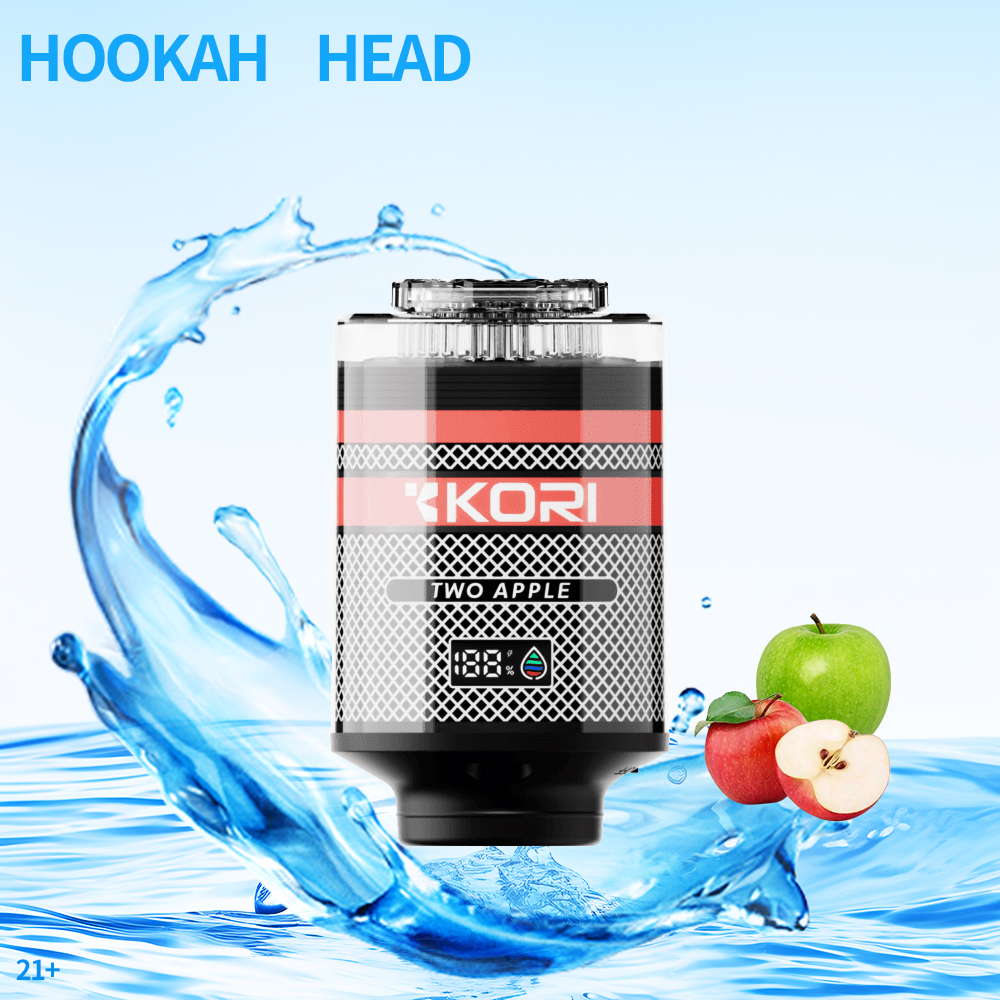Understanding Vape Shop Insurance: Essential Coverage for Your Business
The vaping industry has grown exponentially over the last decade, with a surge in demand for various products, including e-cigarettes, vape pens, and e-liquids. As a result, many entrepreneurs have capitalized on this trend by opening vape shops. If you own a vape shop or are considering starting one, it’s crucial to understand the insurance needs of your business. In this blog post, we’ll explore the various types of insurance available to vape shops, why they are essential, and how to find the right coverage for your needs.
The Importance of Business Insurance for Vape Shops
Like any retail business, vape shops face several risks and uncertainties that could potentially impact their operations. Having the right insurance coverage is not just a legal requirement—it’s a safety net that helps protect your investment and ensures the continuity of your business in the face of unforeseen events.
Insurance can help mitigate financial losses from incidents such as theft, fire, vandalism, accidents, and lawsuits, enabling you to focus on what you do best: serving your customers. Without sufficient coverage, you risk unforeseen expenses that could cripple your business and compromise its future.
Key Types of Insurance for Vape Shops
When it comes to protecting your vape shop, there are several types of insurance you should consider. Here’s a look at the most common forms of coverage:
1. General Liability Insurance
General liability insurance is fundamental for any business, including vape shops. This policy provides coverage for claims arising from bodily injury, property damage, and personal injury that may occur during business operations. For example, if a customer slips and falls in your shop, this coverage will help pay for their medical expenses and protect you from potential lawsuits.
2. Property Insurance
Property insurance protects the physical assets of your vape shop, including the building, inventory, equipment, and furniture. This type of insurance covers damages caused by fire, theft, vandalism, or natural disasters. Ensure your property policy includes coverage for all your valuable assets to keep your business running smoothly.
3. Product Liability Insurance
As a retailer of vaping products, you are liable for the goods you sell. Product liability insurance protects you against claims arising from injuries or damages caused by the products you sell. In the vaping industry, this can be particularly important due to potential health risks associated with the use of vape products.
4. Business Interruption Insurance
Business interruption insurance can help replace lost income if your shop has to close temporarily due to a covered event, such as a fire or severe weather. This coverage is essential to help keep your business financially stable while recovering from unexpected disruptions.
5. Workers’ Compensation Insurance
If you employ staff in your vape shop, workers’ compensation insurance is typically required by law. This insurance provides wage replacement and medical benefits to employees who become injured or ill while on the job. It’s a vital protective measure for both your employees and your business.
Special Considerations for Vape Shop Insurance
When seeking insurance coverage for your vape shop, there are several special considerations to keep in mind:
- Regulatory Compliance: As a business in the vaping industry, you must be aware of the regulatory landscape, which can vary by state and municipality. Ensure that your insurance needs align with local laws and regulations regarding vaping products.
- Industry-Specific Coverage: Some insurance providers offer specialized coverage tailored for vape shops, covering unique risks associated with the industry. It's worth exploring these options to find protection that meets your specific business needs.
- Evaluating Risks: Conduct a thorough risk assessment of your vape shop, considering factors such as location, inventory, and clientele. This will help you determine the types and amounts of coverage you require.
How to Find the Right Insurance Provider
With so many insurance providers on the market, finding the right one for your vape shop can be challenging. Here are some tips to help guide your search:
- Research Providers: Look for insurance companies that have experience working with the vaping industry. Reading reviews and testimonials can provide insights into their reliability and customer service.
- Get Multiple Quotes: Obtain quotes from several insurance providers to compare coverage options and premiums. This will help you get an idea of the market rates and find the best deal for your shop.
- Consult an Insurance Agent: An insurance agent who specializes in commercial coverage can assist you in identifying the types of insurance your vape shop needs and finding the right policies.
Maintaining Adequate Coverage
Business needs can change over time, and it’s essential to regularly review your insurance coverage to ensure it remains adequate. This can involve reassessing your inventory value, number of employees, or changes in operations. An annual review of your policies can help identify gaps in coverage and ensure your insurance keeps pace with your business growth.
The Value of Insurance in Unexpected Situations
Consider a scenario where a fire damages your vape shop and all of your inventory. With proper property insurance, you'll be able to recover some of your losses and ensure that you can reopen your doors to customers. On the other hand, without insurance, the financial burden may be nearly impossible to bear, potentially leading you to close permanently. Such incidents underscore the critical role that comprehensive insurance coverage plays in maintaining the viability of your business.
In today’s rapidly evolving landscape of the vaping industry, protecting your investment through appropriate insurance coverage isn’t just a necessity—it's a smart business strategy. By understanding the importance of various insurance options for your vape shop, you not only safeguard against financial loss but also enhance your credibility as a responsible business owner among customers and suppliers alike.





